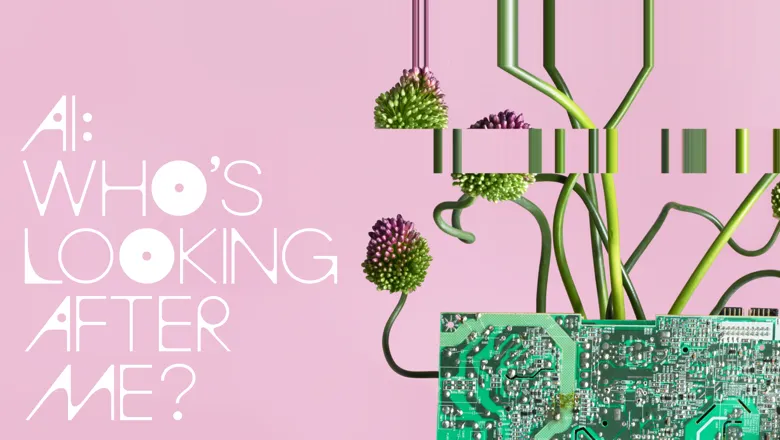King’s College researchers, in collaboration with artist Sofie Layton, and alongside young adults with experience of living with cancer, have developed ‘Does AI care?’ an installation which is part of the AI: WHO'S LOOKING AFTER ME exhibition now showing at the Science Gallery London.
Does AI Care? explores ideas of ‘care’ and the complexity of living with cancer, in relation to AI. Artist Sofie Layton worked with researchers from Wellcome/EPSRC Centre for Medical Engineering; Virginia Fernandez, Alejandro Granados and Teresa Guerrero Urbano, and eight young adults to ask the question ‘can AI look after patients?’.
It was evident that AI is a buzz word that is substantially embedded into our conversations, yet it is evolving at such a fast pace that it is difficult to fully understand; a challenge both for scientists, young patients and society,
Alejandro Granados, Lecturer in Surgical Data Science, School of Biomedical Engineering & Imaging Sciences
To develop this exhibit, the group met through a series of online and in person workshops to discuss their experiences of care, cancer and AI. The young people with experience of living with cancer were able to ask the researchers questions about AI and how it will affect treatment in the future. As a group, they then worked creatively with an AI chat program to test its responses to the same questions that the participants had discussed.
“It was fascinating to see how the same questions were answered by the AI, how seemingly creative it could be but when it came to empathy and care, it was acknowledged that AI couldn’t fulfill this role and we need people to do that,” said artist, Sofie Layton.
Participants also worked with their own medical imagery and other imagery to create their own blueprints (cyanotypes) which have been integrated into the artwork design for the installation. The exhibit allows visitors to enter a hospital waiting room curtained space, and tune into a sound piece that combines young people’s reflections on the nature of AI, cancer and care, along with the AI chat responses created as a text to speech voice within the piece.
My view on AI was one of cautious intrigue. How does this work? How could AI possibly care? Is this the beginning of the robot uprising? The researchers we met with helped us navigate these questions, and (thankfully) used brilliant language and visual communication to explain the importance of AI within a medical setting as a tool to facilitate human care
Samuel Brewis, young participant
Researcher Alejandro Granados said, “I personally left with more questions than answers and realising that AI is still far from bringing personalised solutions to patients, especially when, on paper, symptoms could be the same, treatment could be the same, but patient-specific outcomes can vary substantially. Stepping away from my research around looking at trends in AI and predictive models, and focusing on patients, allowed me to understand their perspectives and needs as they undergo treatment, and the active role I have in shaping the use of AI applied to surgery for them.”
Experience ‘Does AI Care?” as part of the Science Gallery London’s latest season ‘AI: Who’s Looking After me?’ The free exhibition is open now until January 2024. This project was coordinated by the School of Biomedical Engineering & Imaging Sciences Public Engagement team and funded by a Wellcome Research Enrichment Award.



